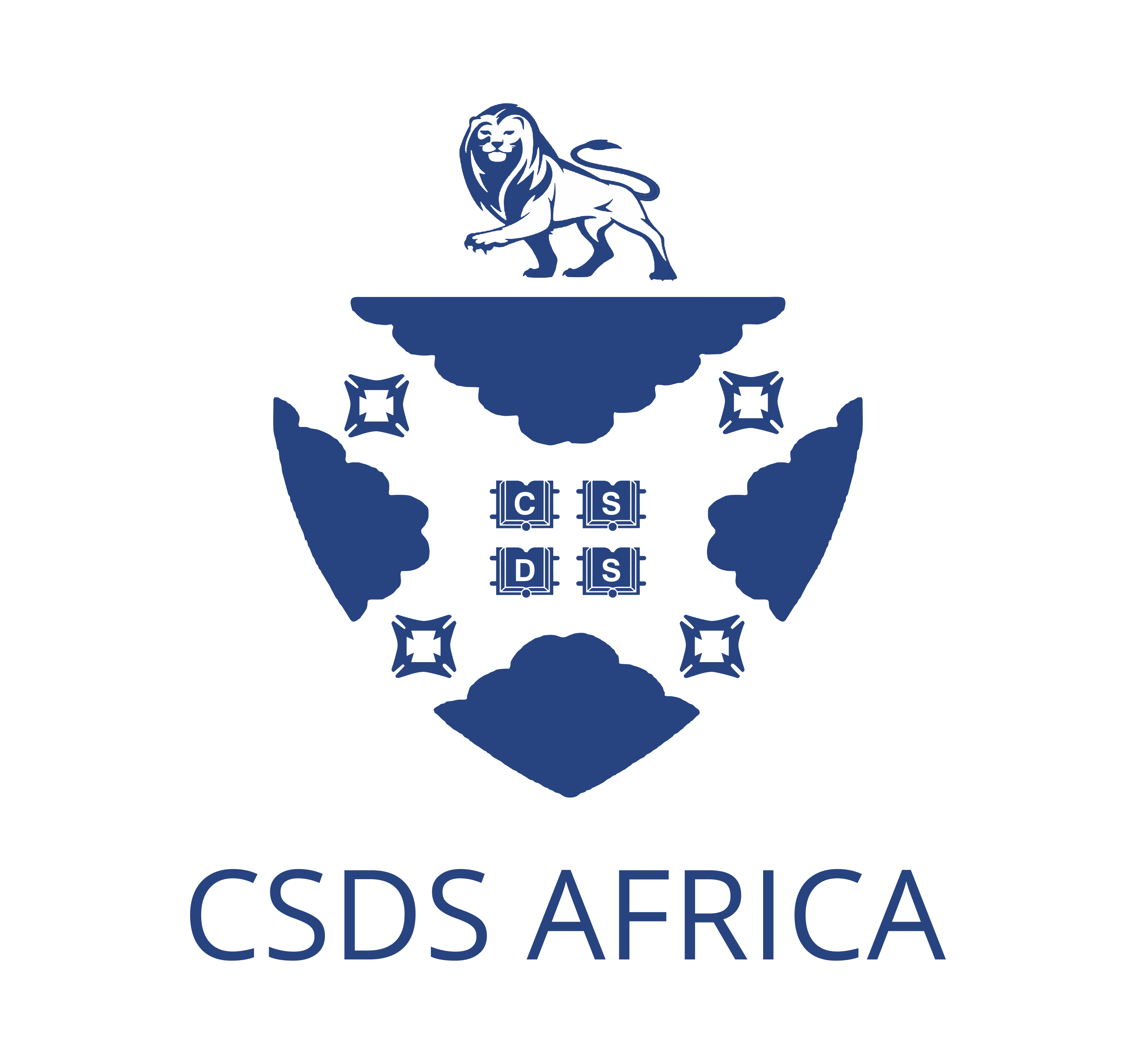TUNISIA RISK REPORT
Security travel advice for Tunisia
SECURITY INFORMATION
Threat level: Medium-High
The general travel safety advice for Tunisia is to remain vigilant and report anything of suspicious nature. The security situation in Tunisia is unstable and a State of Emergency is in place. Tunisian neighbours Libya, experiences high levels of terrorism and suffer from a lack of security. The borders between the countries are porous, allowing terrorist activity to spill over into the country. There has been a significant increase in terrorist activities and attacks in the past few years.
The borders between Tunisia and Libya and Tunisia and Algeria have seen an increase of Tunisian security forces as it tries to combat the cross border violence and terrorist threat. Borders can be closed at any time with very little warning. It is advised that you avoid all travel within 30km of these borders.
Recent Security Risk Events
Early March 2016 has seen clashes between Tunisian Security forces and militants, resulting in large numbers of recorded deaths. November 2015 seen further explosions including attacks on the presidential bodyguards in central Tunis.
There were 3 significant attacks in Tunisia throughout 2015 such as the June attacks on the tourist hotel and beaches in Port El Kantaoui, 10km north of Sousse. The attack killed 38 (mostly British citizens) and wounded a further 39 tourists and locals.
The 2015 “Sousse attack” was not the first in Tunisia, nor was it the first aimed at tourists. In October 2013, a suicide bomber blew himself up while attempting to gain access to the Riadh Palms Hotel in Sousse.
It is believed that tourist destinations and western nationals remain key targets of attack and as such, visitors should remain on high alert at all times and avoid areas where large volumes of people may gather.
Security Risks
The general crime level is Tunisia is on par with many other countries in the region. Pick-pocketing and robbery targeting tourists in not uncommon and there have been reported cases of women travellers being harassed by locals. Although this is rare, it is advised that women do not travel alone.
International Relations
The Arab uprising (2011 Jasmine Revolution) which began in Tunisia has seen the Middle East region transform over the past five years. Tunisia has tried to stabilise the region after the uprisings triggered by high unemployment, food shortages, government corruption, poor living conditions and a lack of freedom and has supported the development of the Arab Maghreb Union (UMA) among other initiatives.
Travel considerations
Road conditions in Tunisia are not up to Western standards and drivers can be erratic and ignore road regulations. Pedestrian crossings are sparse and road users often have little regard from them. You should be extremely cautious as both a driver and a pedestrian.
It is highly advised that you do not drive after dark as many vehicles do not have sufficient light and/or reflectors, making them difficult to see at night time.
GENERAL INFORMATION
Official languages: Arabic (Tunisian Arabic)
Religion: Islam
Currency: Tunisian dinar
Visa requirements
The visa requirements for Tunisia can be complex. Visitors from the UK do not require a visa for entry for the first three months; but visitors from the US do require visa. An up-to-date list of countries that do or do not require visas can be found here: Visa Check Tunisia
Immunisations
It is advised that visitors to Tunisia are up-to-date with primary boosters such as MMR. It is further recommended that most travellers also get Tetanus and Hepatitis A vaccinations. You should check with your local health professional prior to your departure if you are unsure.
Other health risks
You are required to pay for all medical treatment in Tunisia and this is often demanded before treatment occurs. Medical costs can be expensive so you should ensure that you purchase adequate travel insurance. Services in the main cities tend to be good and resourceful however rural areas may vary.
To prevent any illness, personal hygiene must be paramount, the local water supply avoided at all costs and bottled water inspected prior to consumption. There have been a number of cases of bottled water being refilled with tap water and re-sold which has led to avoidable illnesses.
CONSULAR INFORMATION
U.S. Embassy Tunis
Les Berges du Lac,
Tunis,
1053
Tunisia
Telephone: +216 7110 7000
Email: consulartunis@state.gov
British Embassy Tunis
Rue du Lac Windermere,
Les Berges du Lac,
Tunis,
1053
Tunisia
Telephone: +216 7110 8700
Email: BritishEmbassyTunis@fco.gov.uk
Email: consular.enquiries@fco.gov.uk



